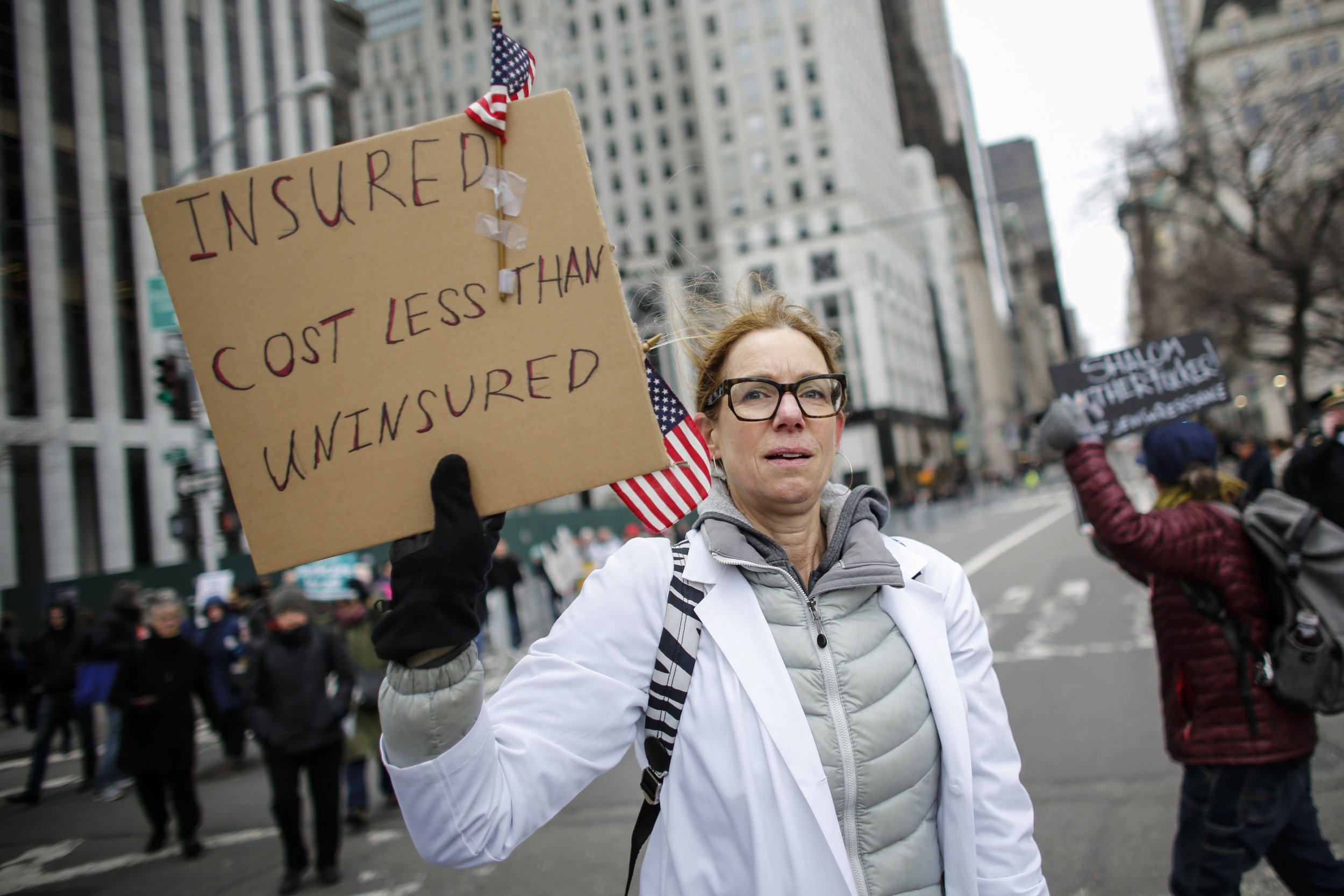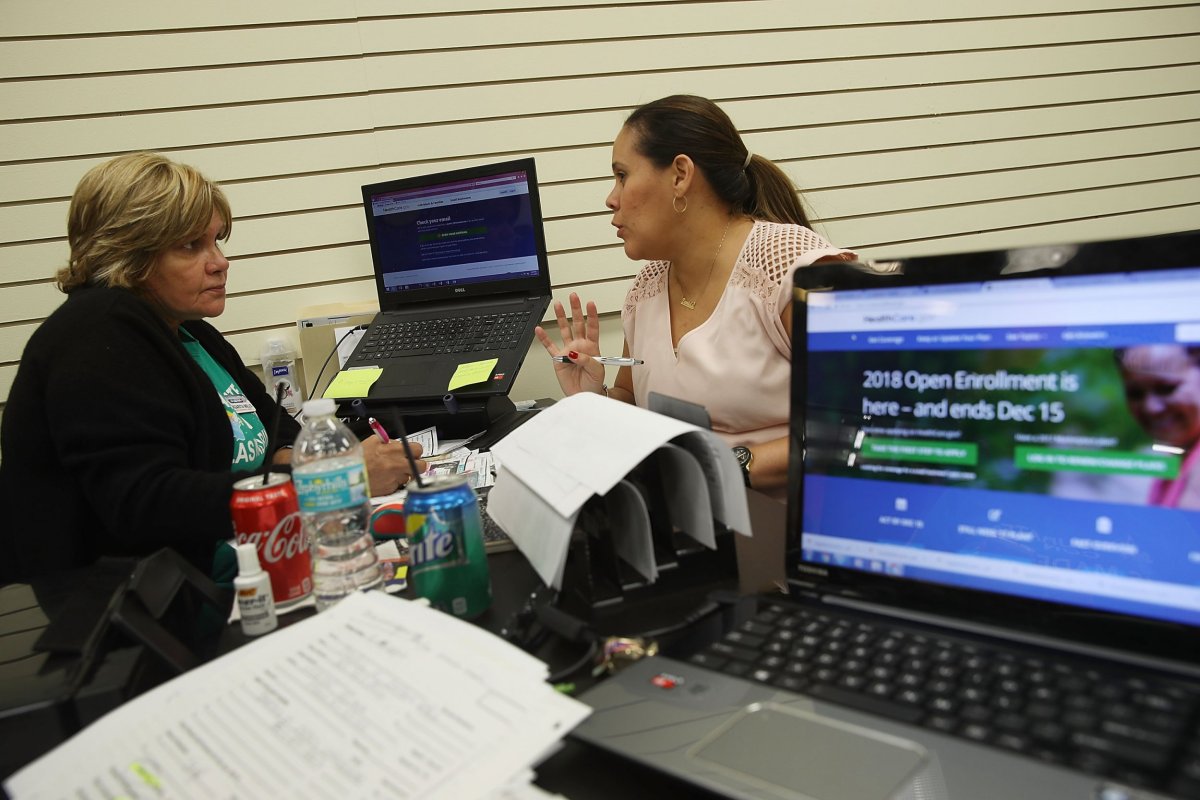
Reports of the death of Obamacare are greatly exaggerated.
It's true that the GOP, under the Tax Cuts and Jobs Act, has finally succeeded in repealing the Affordable Care Act's individual mandate, beginning in 2019. But the much-discussed and debated Obamacare provision isn't critical to the health care law's infrastructure. Obamacare will sustain the loss of the mandate because the incentives to buy insurance matter more than the penalty.
President Barack Obama's signature health care law was modeled after a Massachusetts one, which used a "carrot and stick" approach to get people to buy insurance. Romneycare, as it came to be known under then-Gov. Mitt Romney, subsidized premiums for low-income people, and had a penalty for those that did not buy insurance. At first older, sicker people signed up, but, when fully implemented, the penalty resulted in an increase in the enrollment of healthier people.
But studies have shown that Obamacare subsidies were constructed in such a way that the "carrot" was more effective than the "stick" in getting most people to buy health insurance.

Low-income individuals are very price sensitive. Because of uncertainty around the marketplace, insurance companies instituted big rate increases for 2018. Bigger federal subsidies were needed to cover the premium increases, which insulated most people from those increases. As a result, 80 percent of enrollees this year could buy coverage for less than $75 per month, about the cost of the average monthly cellphone bill. Most enrollees could buy comprehensive insurance for just $16 per month more than the cost of the penalty, or about an additional 56 cents per day. At that price, why not buy insurance?
Despite confusion about the mandate, massive premium increases and a near total lack of outreach by the government, about 9 million Americans have signed up for insurance through Obamacare's marketplace. Most Americans want the security that comes from having health insurance, and they will buy it if it is affordable.
The problem, however, is with the 15 percent of Obamacare enrollees who did not get help from the government—and saw their average premium for a silver plan rise to $521 per month. Someone with an annual income at 400 percent of the federal poverty level, or $48,000 (the cut-off for subsidies), would have to pay over $6,000 annually or 13 percent of gross income for coverage. Many would have to pay even more.
The Congressional Budget Office estimates that without a mandate, premiums will rise about 10 percent for 2019. Will this kill the individual market? For most of the people enrolled under Obamacare, the answer is no. Subsidies still pay for most of their premiums. In my experience, people want to buy health insurance if it is affordable. At least some insurance companies have figured out this individual market and will continue to offer insurance through the marketplace.
The loss of a weak mandate is overcome by premium subsidies. For most Americans who don't have access to insurance from their employers, the Obamacare marketplace will remain an attractive way to purchase health insurance. The carrot wins out.
Dr. J. Mario Molina is President of the Golden Shore Medical Group and former CEO of Molina Healthcare, one of the largest health insurance companies participating in the ACA Marketplace and Medicaid.
Uncommon Knowledge
Newsweek is committed to challenging conventional wisdom and finding connections in the search for common ground.
Newsweek is committed to challenging conventional wisdom and finding connections in the search for common ground.
About the writer
To read how Newsweek uses AI as a newsroom tool, Click here.








